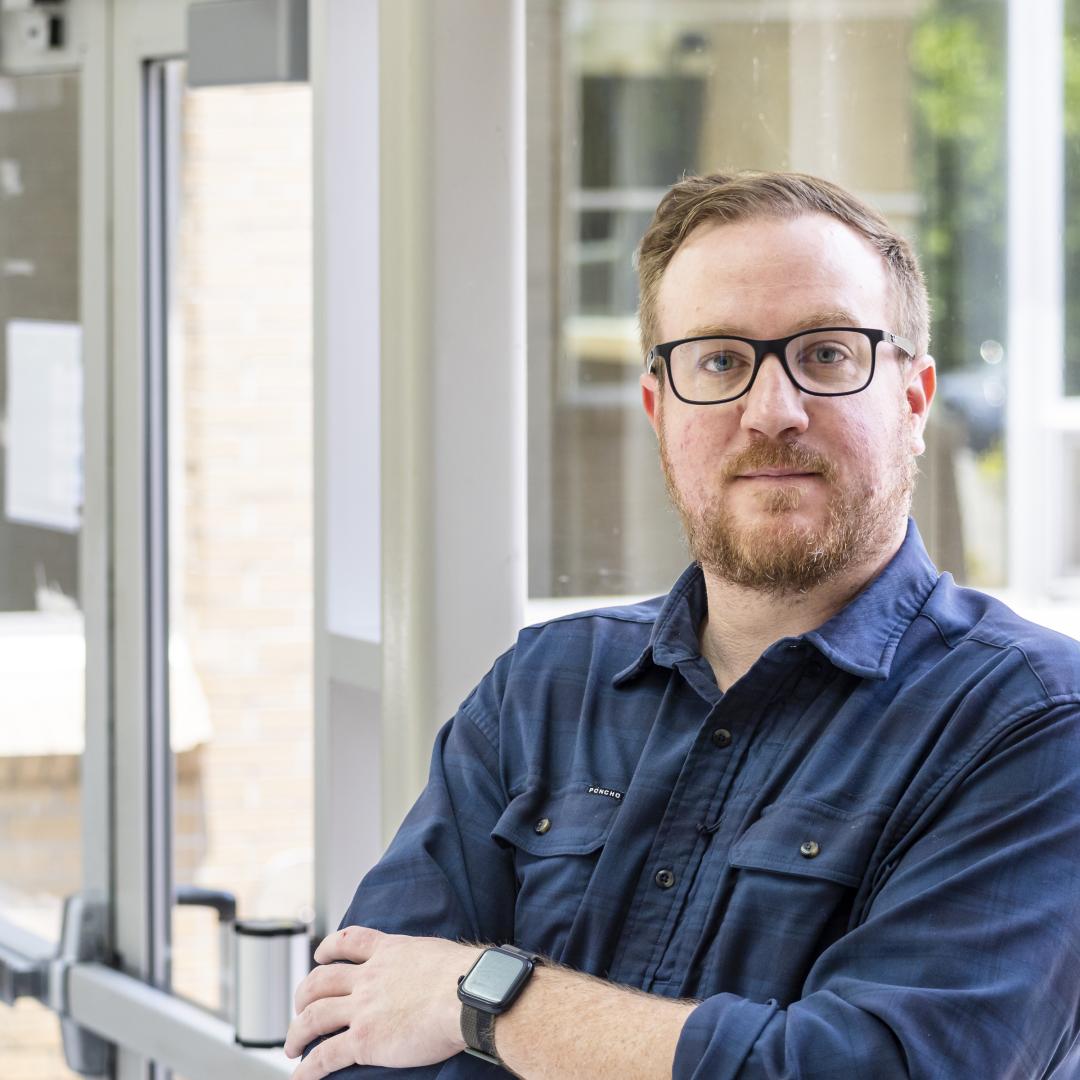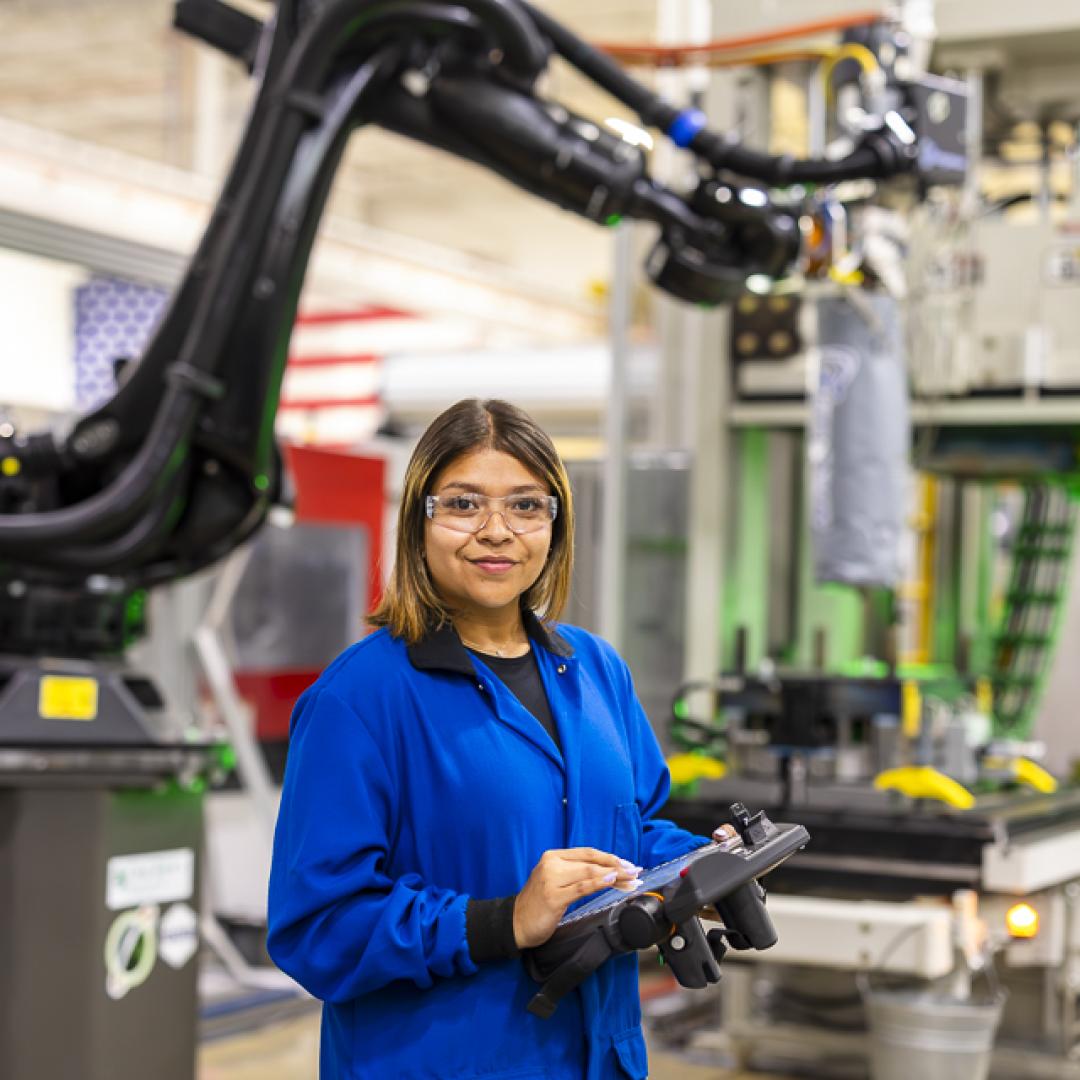
Filter News
Area of Research
- (-) Materials (100)
- (-) National Security (26)
- Advanced Manufacturing (7)
- Biology and Environment (55)
- Building Technologies (2)
- Clean Energy (146)
- Climate and Environmental Systems (1)
- Computational Biology (1)
- Computational Engineering (3)
- Computer Science (15)
- Electricity and Smart Grid (1)
- Energy Sciences (1)
- Functional Materials for Energy (1)
- Fusion and Fission (9)
- Fusion Energy (3)
- Isotope Development and Production (1)
- Isotopes (4)
- Materials for Computing (18)
- Mathematics (1)
- Neutron Science (108)
- Nuclear Science and Technology (13)
- Quantum information Science (7)
- Supercomputing (125)
- Transportation Systems (2)
News Topics
- (-) Computer Science (33)
- (-) Frontier (3)
- (-) Neutron Science (35)
- (-) Physics (29)
- (-) Polymers (17)
- (-) Space Exploration (2)
- (-) Sustainable Energy (16)
- (-) Transportation (16)
- 3-D Printing/Advanced Manufacturing (25)
- Advanced Reactors (5)
- Artificial Intelligence (21)
- Big Data (7)
- Bioenergy (14)
- Biology (8)
- Biomedical (8)
- Biotechnology (1)
- Buildings (6)
- Chemical Sciences (32)
- Clean Water (3)
- Climate Change (9)
- Composites (9)
- Coronavirus (6)
- Critical Materials (13)
- Cybersecurity (21)
- Decarbonization (9)
- Energy Storage (35)
- Environment (20)
- Exascale Computing (2)
- Fusion (8)
- Grid (11)
- High-Performance Computing (8)
- Irradiation (1)
- Isotopes (13)
- ITER (1)
- Machine Learning (16)
- Materials (74)
- Materials Science (78)
- Mathematics (1)
- Microscopy (27)
- Molten Salt (3)
- Nanotechnology (39)
- National Security (34)
- Net Zero (1)
- Nuclear Energy (21)
- Partnerships (15)
- Quantum Computing (3)
- Quantum Science (12)
- Renewable Energy (1)
- Security (11)
- Simulation (2)
- Summit (4)
- Transformational Challenge Reactor (3)
Media Contacts
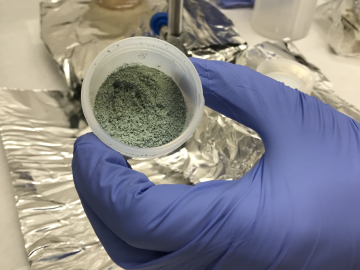
ORNL researchers used the nation’s fastest supercomputer to map the molecular vibrations of an important but little-studied uranium compound produced during the nuclear fuel cycle for results that could lead to a cleaner, safer world.
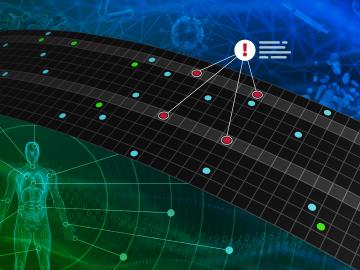
A team of researchers has developed a novel, machine learning–based technique to explore and identify relationships among medical concepts using electronic health record data across multiple healthcare providers.

Tackling the climate crisis and achieving an equitable clean energy future are among the biggest challenges of our time.

Three ORNL scientists have been elected fellows of the American Association for the Advancement of Science, or AAAS, the world’s largest general scientific society and publisher of the Science family of journals.

A world-leading researcher in solid electrolytes and sophisticated electron microscopy methods received Oak Ridge National Laboratory’s top science honor today for her work in developing new materials for batteries. The announcement was made during a livestreamed Director’s Awards event hosted by ORNL Director Thomas Zacharia.
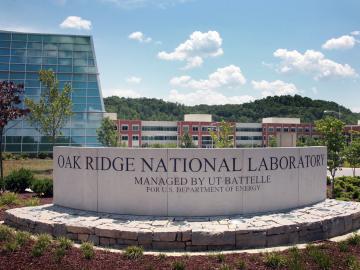
Ten scientists from the Department of Energy’s Oak Ridge National Laboratory are among the world’s most highly cited researchers, according to a bibliometric analysis conducted by the scientific publication analytics firm Clarivate.

A team of collaborators from ORNL, Google Inc., Snowflake Inc. and Ververica GmbH has tested a computing concept that could help speed up real-time processing of data that stream on mobile and other electronic devices.
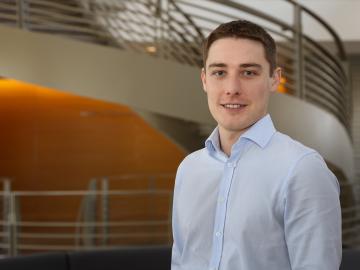
Matthew Ryder has been named an emerging investigator by the American Chemical Society journal Crystal Growth and Design. The ACS recognized him as “one of an emerging generation of research group leaders for his work on porous materials design.”
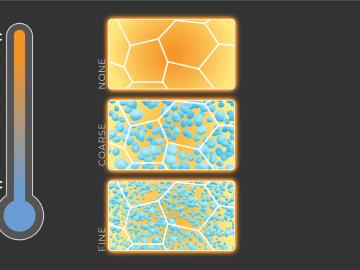
Scientists at ORNL and the University of Tennessee, Knoxville, have found a way to simultaneously increase the strength and ductility of an alloy by introducing tiny precipitates into its matrix and tuning their size and spacing.
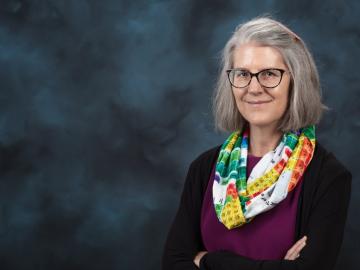
Deborah Frincke, one of the nation’s preeminent computer scientists and cybersecurity experts, serves as associate laboratory director of ORNL’s National Security Science Directorate. Credit: Carlos Jones/ORNL, U.S. Dept. of Energy


